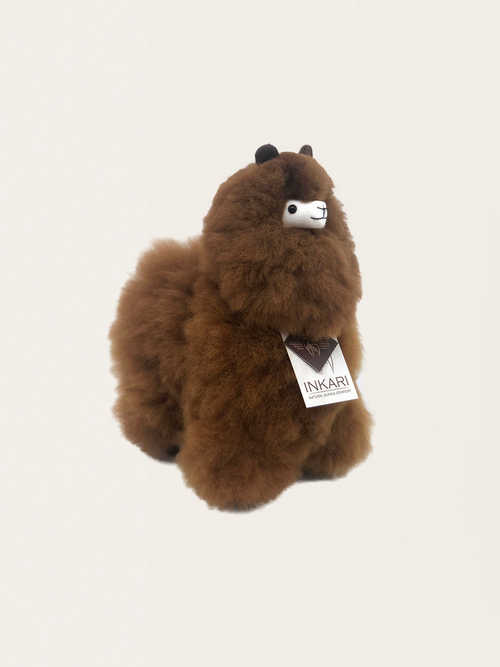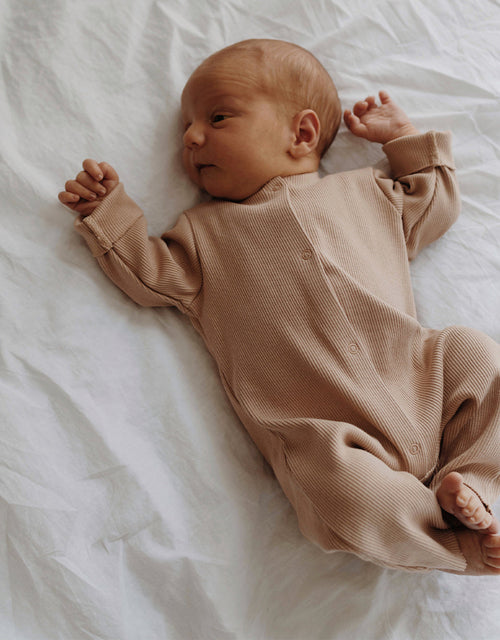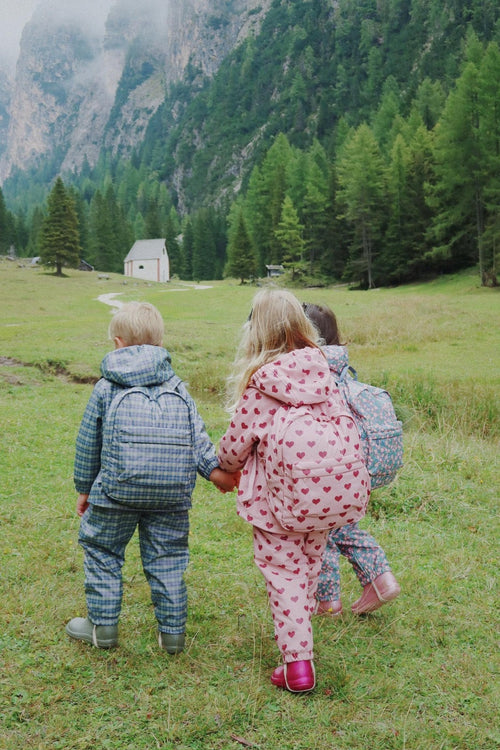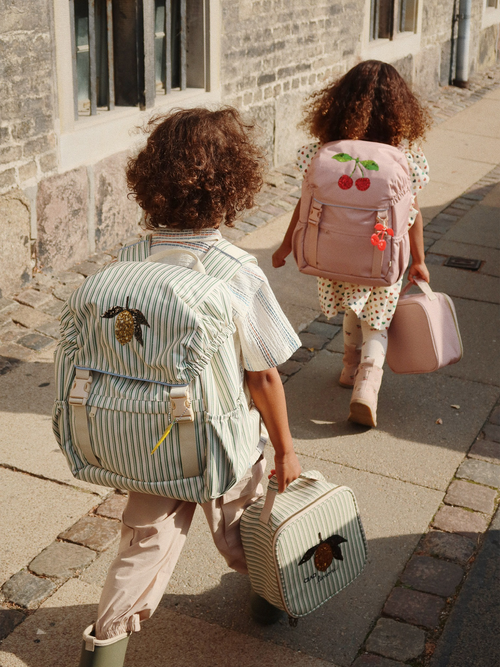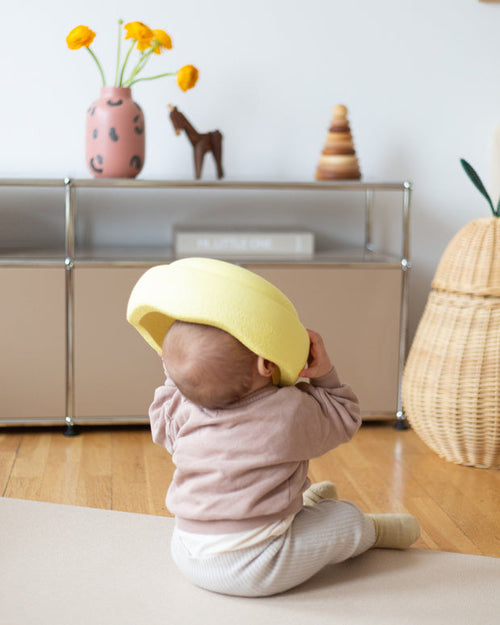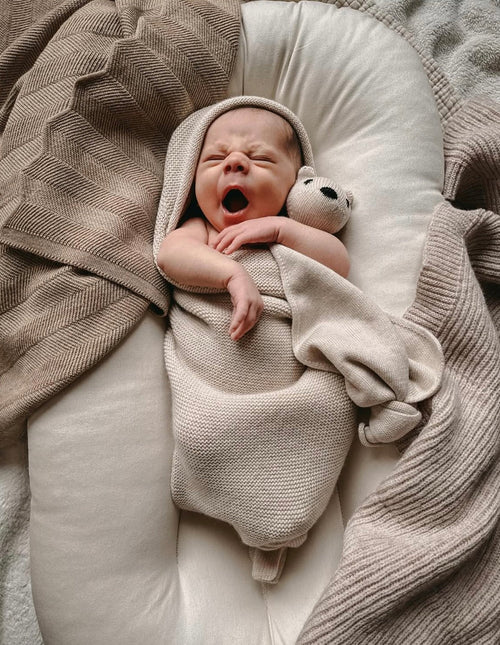Adaptation to kindergarten – how to support your child at this important moment?
Starting preschool is a big step in every child's development. A new place, unfamiliar faces, and unfamiliar rules can all be anxiety-provoking for both children and parents. That's why a well-conducted preschool transition is so important. Find out how to support your child so that the transition to this new stage is smoother, and smiles come before tears.
What is preschool adaptation?
Preschool adjustment is a process during which a child becomes accustomed to a new place, daily routine, and caregivers. It's a time of building trust and a sense of security. Every child experiences it differently – for some, it lasts a few days, for others, a few weeks. Regardless of the pace, it's a natural stage that deserves to be supported with empathy and patience .
How to Prepare Your Child for Kindergarten? Start with Home Rituals
Before a child crosses the kindergarten threshold, It's worth gradually adapting your home daily routine to the one that will be in place at the facility . This is crucial if you want a smooth transition to preschool. Children feel more secure when they're surrounded by predictability, so introducing consistent daily routines , such as regular meals, naps, and bedtimes, will help your child adjust to their new routine. Start with simple changes: Breakfast at the same time each day, dinner together, and in the evenings, a systematic earlier bedtime. Even shifts of just a few minutes can help a child's body adapt to the daily rhythm of preschool.
This will make the first days of preschool less stressful – for both the child and the parent. Stress-free preschool begins at home – with simple rituals that build a sense of security and predictability. This "mini-adaptation" is an effective and proven way to gently transition into a new stage of life.
Gradually extending time in kindergarten – a proven method for gentle adaptation
One of the key elements of preschool adaptation is gradually separating from a parent . If possible, try to keep your child at preschool for shorter periods for the first week or two. Initially, this can be an hour or an hour and a half—enough time for your child to become accustomed to the new environment, but not yet to miss it.
In the following days, you can gradually extend the stay: to two, three, and then four hours. This allows the child to acclimate to your absence in a safe and controlled manner, reducing the risk of strong emotions like anxiety or panic. One of the worst-case scenarios for the first day is for a parent to disappear for seven or eight hours – especially if the child has never been left with anyone outside of family before. Such a long separation can be emotionally overwhelming . As a result, the child may associate preschool with sudden abandonment and unpredictability, making subsequent adjustment difficult .
Saying goodbye to your child at kindergarten – briefly, calmly and consistently
During preschool adjustment, the way a parent says goodbye to their child is crucial. Although the temptation to stay "just a little longer" is strong, the best thing you can do is say goodbye quickly and calmly . Prolonging the separation causes the child to focus increasingly on their emotions—fear, uncertainty, longing—and it becomes increasingly difficult for them to calm down after you leave.
How to support your child? Just be consistent. Bring your little one in, help them change, and then leave them in the care of the caregiver. Briefly explain what's going to happen next ("You're staying with Mrs. Kasia, and I'll come back after dinner"), smile, give them a quick kiss, and leave—no backtracking, no "one more kiss," no long hugs.
This doesn't mean you ignore your child's emotions—quite the opposite. Find time at home to cuddle and talk about your feelings—ideally in the morning before going out or in the evening.
A child needs predictability and peace. If separations follow the same, simple pattern every day, the child will more quickly adapt to preschool emotions and learn that a parent always returns . And this is the most important information a child can hear during this time.
“A piece of home” in a backpack – an item that gives a child a sense of closeness and security
During preschool adjustment, especially in the first few days, many children experience separation anxiety – a natural fear of being separated from their parents. One proven way to ease this difficult emotion is to give the child something that reminds him of you and home. This could be an item that will be your "little connection."
Instead of small, easily lost items, choose a beloved child's stuffed animal or something your little one can hug, hold, or smell like home or a parent. A good choice might be:
- Jellycat cuddly toys are exceptionally soft, safe, and adorable, making them ideal companions for preschool adaptation, providing children with a sense of closeness, comfort, and homely warmth in their new surroundings. A particularly noteworthy cuddly blanket is the cuddly blanket . This rag friend can retain the scent of the home or parent, becoming a soothing "bridge" between home and preschool.
- Main Sauvage baby alpaca wool cuddly toy - hypoallergenic, breathable and perfectly suited to children's sensitive skin.
- A small pillow, blanket or beloved diaper, soft and familiar to the touch, can be a precious "piece of home" for a child - something that smells of security and helps them survive separation from their parent.
- A small note or drawing from a parent, hidden in a bag or pants pocket.
- A "mother and child" bracelet – one part for the child, the other for the mother. The condition is that the bracelet does not contain any small parts that could pose a risk to the child or other children.
- Adored by our customers, soft as a cloud , alpaca made of natural fur by Huacaya .
Preschool adaptation without rewards – why is it not worth promising a gift for “not crying”?
While it may seem natural to want to comfort your child with a material reward after a difficult day at preschool, it's worth resisting the urge. Promising a gift for not crying or "behaving bravely" can unintentionally place too much emotional responsibility on your child. Remember, crying isn't a failure —it's a natural way of coping with anxiety, tension, and change.
Instead of focusing on rewards, show your child tenderness, closeness, and acceptance of their emotions . A shared hug, a kind word, or a calm conversation are far more supportive than a toy or sweets. Once you give a "consolation prize," it can become a long-awaited ritual—and with each passing day, your child will look forward to something more.
The best thing you can give your little one is faith in their abilities . The feeling that they did it for themselves, not for a reward, strengthens their emotional resilience and self-confidence for the future.
Books supporting children in the process of preschool adaptation:
Introducing an evening ritual of reading preschool-themed books together a few weeks before starting preschool is a simple yet highly effective way to support your child's adjustment. Reading about what's happening at preschool, what their day is like, who they'll be spending time with, and what emotions they might experience helps them become comfortable with the new experience before it happens . A child who knows the daily routine and can identify with the book's characters feels more confident and secure. This daily routine—calm, predictable, and familiar—not only facilitates understanding the changes but also builds positive associations with preschool . Our Kokosek.pl store offers a wide selection of valuable titles that support this process, including:
- The Mamania Publishing House's Adaptation Action is a practical guide for parents that shows step by step how to support your child emotionally and organizationally in the process of adapting to kindergarten.
- Adjusting to Nursery: How to Give Your Child a Good Start – although this book is about nursery, it offers valuable tips on adapting to a new environment, which are also useful in preschool.
- Niuniuś and the Preschooler's Heart is a book with a supportive story and a model adaptation script that will empower children, parents, and teachers.
- A colorful monster goes to kindergarten - a simple and funny story that will help the youngest children adapt.
- Ignacy Goes to Kindergarten is a book that supports toddlers and parents during this difficult time. It's intended for children attending all types of institutions and can be a source of inspiration for transitioning to preschool. It also includes information for parents about transitioning to preschool.
- Feluś and Gucio Go to Kindergarten – wonderful stories that will help the whole family adjust to their new situation. Warm and cheerful illustrations depict the interior of the kindergarten and selected moments from the day.
- Feluś and Gucio learn about emotions is an excellent book for preschoolers, in which Feluś struggles with different feelings every day, and his friend Gucio explains emotions such as joy, sadness, anger and longing in simple, child-friendly images.
Patience and acceptance – not every child adapts at the same pace
In the preschool adjustment process , patience, empathy, and understanding that every child develops at their own individual pace are crucial. Sometimes, despite the best preparations and the parents' enormous commitment, a child simply isn't ready to be separated from their loved ones . This doesn't mean there's "something wrong" with them—quite the opposite. It's natural for a child's emotions at preschool to be difficult, intense, and take time to settle.
Some children need a few days, others a few weeks, and still others a few months to accept their new surroundings and feel safe in a group. Instead of getting discouraged or blaming themselves, it's worth approaching this with gentleness and trusting that preschool maturity doesn't have a fixed date. Maybe it's just not the right moment – and that's okay.
If you feel that your child, despite your best efforts, is still reacting strongly with anxiety or withdrawal, don't act under pressure. You don't have to make the decision alone – it's worth consulting with the teacher, group leader, or a child psychologist. Sometimes a change of strategy or delaying the adjustment for a few weeks is enough for the child to begin to show readiness for a longer stay at preschool.
Your support, calm, and patient presence are more important than the pace at which your child "should" adapt. Giving them space to be themselves is the best thing you can do during this delicate period of development.
Good luck!

